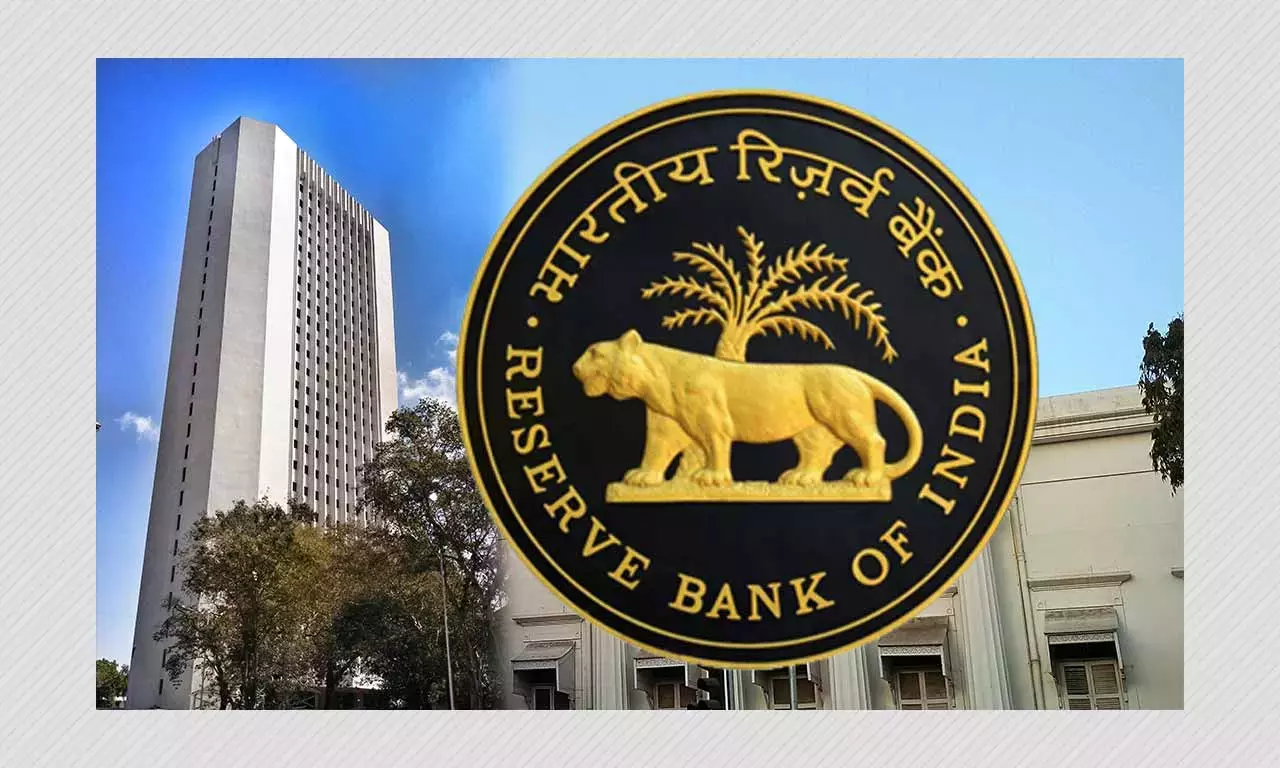RBI’s New Guidelines for Custodian Banks Under T+1 Settlement Regime On May 3, 2024, the Reserve Bank of India (RBI) updated its guidelines for custodian banks issuing Irrevocable Payment Commitments (IPCs) to align with the T+1 settlement regime for stock transactions. Key aspects of the revision include:
- Capital Market Exposure: The intraday risk for custodian banks issuing IPCs is now considered as capital market exposure (CME), capped at 30% of the settlement amount. This limit reflects a precaution for a potential 20% drop in equity prices on the next trading day (T+1), with an additional 10% margin for further declines.
- Risk Mitigation: Previously, calculations were based on a T+2 settlement cycle. Now, any exposure at the end of T+1 requires the bank to maintain capital based on the outstanding market exposure.
- IPC Issuance Conditions: Only custodian banks with rights over securities for settlement payouts can issue IPCs. For pre-funded transactions, specific requirements like having clear rupee funds in the customer’s account or credited nostro accounts for foreign exchanges are necessary.
- Margin Payments: If margins are paid in cash, the exposure is reduced by the margin amount. If securities are used, the reduction considers a haircut as prescribed by the Exchange.
- Large Exposure Framework: Intraday CME of banks to counterparties must adhere to limits under this framework.
RBI Lifts Restrictions on Bajaj Finance’s eCOM and Insta EMI Card In a separate development on May 2, 2024, RBI removed restrictions on Bajaj Finance Limited’s lending products: the Insta EMI Card and its e-commerce platform, eCOM. These restrictions, imposed in November 2023 due to non-compliance with digital lending guidelines, particularly concerning the issuance of Key Fact Statements (KFS), have now been lifted following rectifications.
Background on Regulatory Compliance:
- Digital Lending Compliance: RBI mandates lenders to provide all fees and charges clearly upfront and specify recovery practices in the event of defaults, aiming to enhance transparency and protect borrowers.
Recent Related Regulatory Updates:
- Asset Reconstruction Companies: RBI raised the minimum capital requirement for Asset Reconstruction Companies (ARCs) from Rs 100 crore to Rs 300 crore in 2024.
- Gold Import Guidelines: Guidelines were issued for the import of gold by Tariff Rate Quota (TRQ) holders under the India-UAE Comprehensive Economic Partnership Agreement (CEPA), facilitated by the International Financial Services Centres Authority (IFSCA).
These updates reflect RBI’s ongoing commitment to aligning operational frameworks with current market practices and ensuring financial stability and consumer protection in India’s banking and finance sector.


